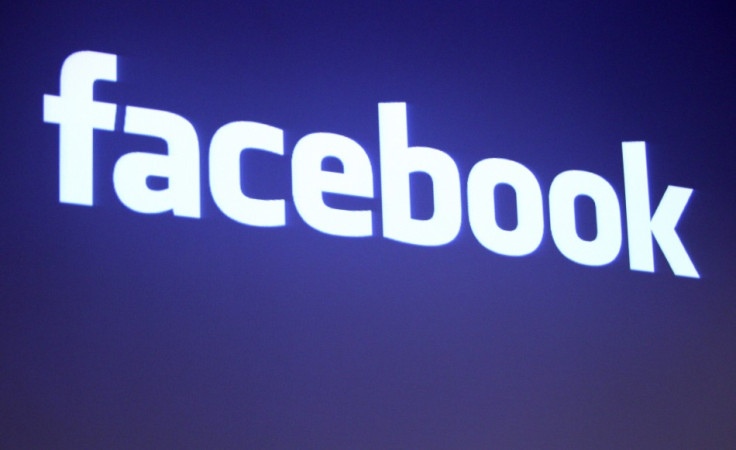Facebook to Check All Links for Viruses

From today, the billions of links posted to Facebook every week will be checked and passed through the San Diego-based security company, Websense.
Their system will apply tests to check for Trojans, phishing and botnets as well as other online threats.
If the link is given the all clear, Facebook will allow the link to be used, if not, a user will be notified should they click on the offending article, it is then up to them if they decide to continue.
Spencer Parker from Websense said: "Facebook is a big target for criminals online; we'll be protecting all 750 million of its users."
Zuckerberg has been quick to announce that the security firm will not be keeping any personal information from the social media giants' database.
A hoax article had claimed that Lady Gaga had died last month, when users tried to access the information, the website attempted to install a virus to visitor's computers.
Many have previously complained about Facebook's slow response time to complaints, this new set of security measures will mean less complaints and therefore quicker resolve-times.
Graham Cluley from Sophos Security said: "Facebook needs to work much harder to prevent attacks like this from reoccurring and spreading so rapidly," after the Lady Gaga incident.
Users will also be warned against from illicit content such as racial hatred or propaganda. Facebook will also be taking a very hard stance against the spread of illegal material, such as child pornography.
© Copyright IBTimes 2024. All rights reserved.





